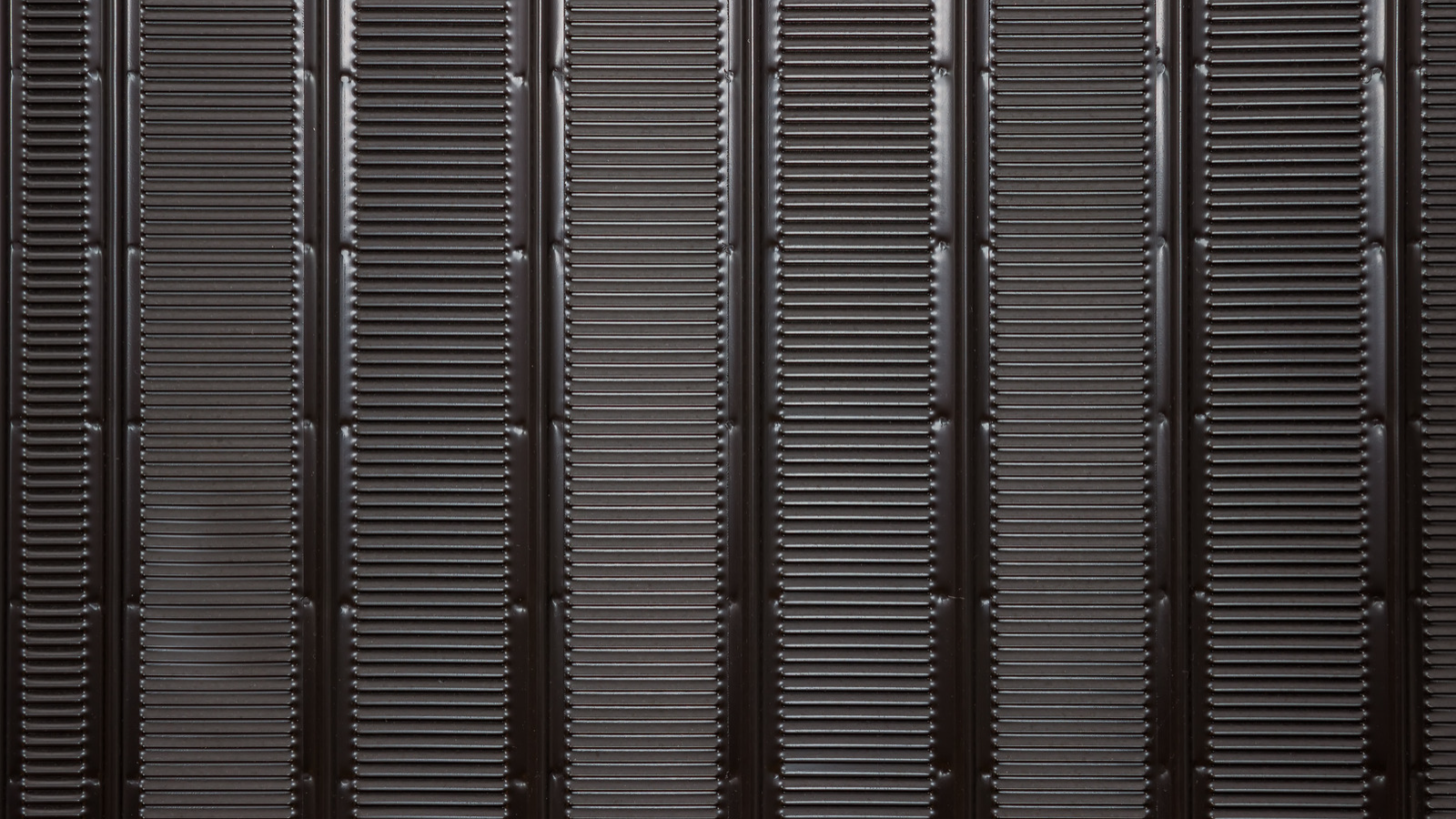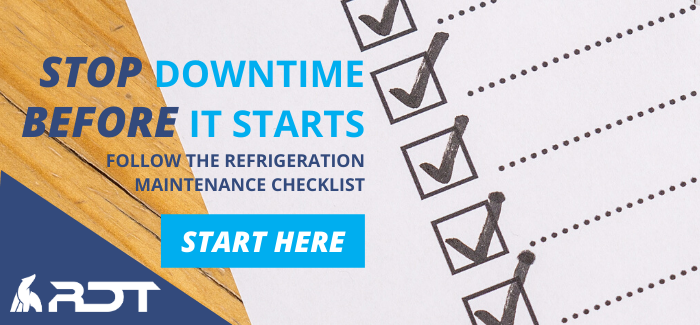
Refrigeration has been one of the better innovations of our era, bringing about a great deal of convenience for businesses and everyday households. Before this technology was introduced, people were left with limited methods of preserving their food and cooling down their homes during the hot months of summer. The success of modern refrigeration is largely due to refrigerants, the chemicals used to cool the air.
What's Refrigerant And How Does It Work?
A refrigerant is a working fluid used to get the refrigeration cycle moving. When activated, refrigerants are able to remove heat from the air, creating the cooling effect of the refrigeration cycle. In a cycle, refrigerants will phase through liquid and gas states. Without the use of refrigerants, households and commercial buildings wouldn't be able to create the cooling effect needed to operate efficiently.
For example, a lack of refrigeration would cause foodservice businesses to lose money from food waste; food options at grocery stores and restaurants would be limited due to the meat, fruits, and vegetables expiring at a quicker rate.
The cycle begins with the placement and initiation of the refrigerants in a system. The refrigerant gas moves through the compressor, a series of coils that pressurizes the chemicals. Then the gas goes through the condenser, turning the gas into a liquid state to absorb the heat. The liquid then moves through the evaporator, which is what removes the heat content from the air. This refrigeration cycle is the same for home fridges, commercial freezers, and air conditioning systems.
What About Global Warming Potential?
The use of hydrofluorocarbons (HFCs) such as R-404a as an alternative for refrigeration units has grown over the past decades as a replacement to chlorofluorocarbons (CFCs) like R22, banned by the Montreal’s Protocol because of their effect on the depletion of the ozone layer. However, HFCs are known to be greenhouse gases with considerable global warming potential (GWP), thousands of times higher than carbon dioxide. The Kigali Amendment to the Montreal Protocol has promoted an active area of research toward the development of low GWP refrigerants (HFOs) such as R-448a to replace the ones in current use, and it is expected to significantly contribute to the Paris Agreement by avoiding nearly half a degree Celsius of temperature increase by the end of this century.
Should You Upgrade Your Unit?
Some business owners and homeowners are changing their cooling systems and upgrading to newer technologies that are environmentally safe. If a business owner is interested in environmental protection - or at the very least, interested in adhering to EPA standards - then they should be looking for a refrigeration system that works to reduce its ecological footprint, like RDT's Eco-Cool.
There are other additional benefits to upgrading a cooling unit, like the fact that a more energy-efficient system will save the owner money on the energy bill. If the system is older than 10 years, the owner should definitely consider installing a newer system that won't be prone to breaking down all the time; a new system will save the owner from constant maintenance repairs. Newer models also tend to come with more modern technologies, like monitoring devices, defrost control systems, and eco-friendly compressors. Manufacturers are usually looking for new ways to add convenience and efficiency to commercial devices.



